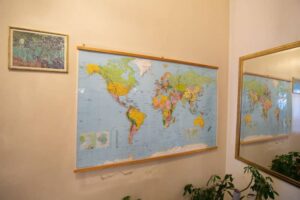
DPA
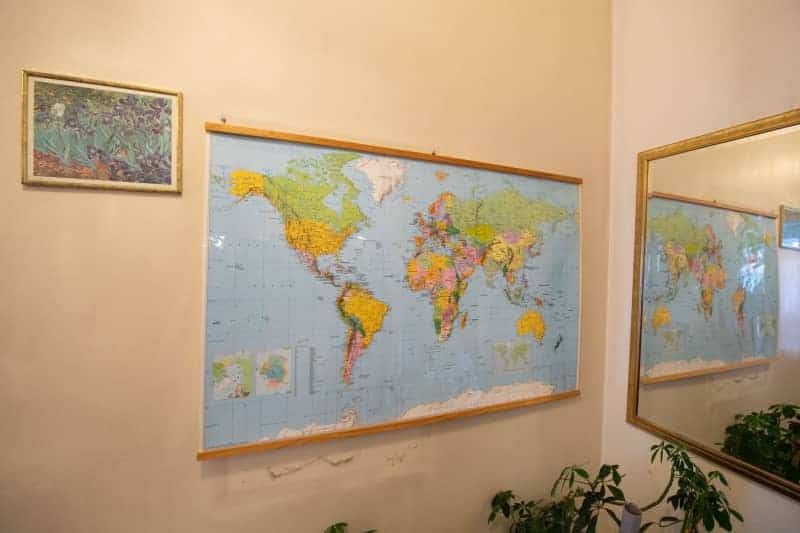
Forced to leave their old lives behind and start over in another country are huge challenges for refugees, especially if the language is also new.
Life is even harder for asylum-seekers who are not heterosexual.
Many migrants are happy to meet others from their homeland but people who have been persecuted for their sexuality often continue to hide their identity at shelters in their new country too.
And for good reason, says Meri Petroschian, who fled to Germany from Armenia in 2018. She said she was forced to find new shelters twice due to her sexual orientation.
“I was spat on, insulted,” she told a Frankfurt symposium. It would have been worse without the security staff at the shelters.
Sometimes security personnel, supervisors or volunteers come too late, says Knud Wechterstein of the Rainbow Refugee Support network. He has heard of queer refugees being assaulted, beaten up or raped.
That comes on top of the psychological pressure of constantly having to hide your true self and fear of being identified as “other.”
In Frankfurt, a facility called La Villa offers a safe space for queer refugees, most of whom are young gay men.
It is a space where they can finally be themselves for the first time.
The city set up the safe house, the only one of of its kind in the state, in April 2018.
It is important to create a safe place where people can rest and get their bearings, says Elke Voitl, Frankfurt’s head of social affairs.
That is particularly true for people who have not only been traumatized by war and conflict, but who also face further repression because of their sexual identity, she says.
Some 75 per cent of all people seeking asylum in Germany come from countries where homosexuality is a punishable offence.
La Villa recently moved into larger premises in a former hotel near the city centre. The shelter houses 28 residents, up from 21.
Among them are three homeless teenagers from Hesse whose parents threw them out after learning they were gay.
La Villa residents live in single rooms to give them privacy when they need it.
There’s already a waiting list for the new facility, says Herbert Drexler from the Frankfurt Aids Support organization, who says many people are waiting for a free room.
The house seeks to be a safe haven where people no longer need to keep hiding after leaving their country.
The safe house is also a role model, says state social minister Kai Klose. “There are only a few states with similar facilities.”
“I can finally be myself,” says Abdel-Karim, who came to La Villa from Algeria. He spent 20 years hiding the fact that he is gay, pretending to family and friends that he had a girlfriend and that he would soon get married.
He did not come out even after making it through the Balkans to Germany and living in shared accommodation, for fear that other Algerians would attack him.
For Meri Petroschian, now based in Wiesbaden, coming to Germany also meant the beginning of a new life.
She bought her first rainbow flag and went to a gay Pride parade.
“I had seen it in movies, but I could never have it,” she recounts. “All my life, I dreamed of being able to participate in a gay Pride [parade].”
The number of lesbian, gay, bisexual, transsexual, queer or intersex (LGBTQI) refugees in Hesse is unknown. Experience shows that queer migrants only start living openly when they feel safe safe – and often they do not, says Wechterstein.
The Rainbow Refugees Support network has more than 100 new clients every year in Frankfurt alone, he says.
Nationwide, Wechterstein says far more needs to be done to provide safe spaces for refugees. They don’t necessarily need a whole house, he adds. Even shared flats for queer refugees would be a step in the right direction.
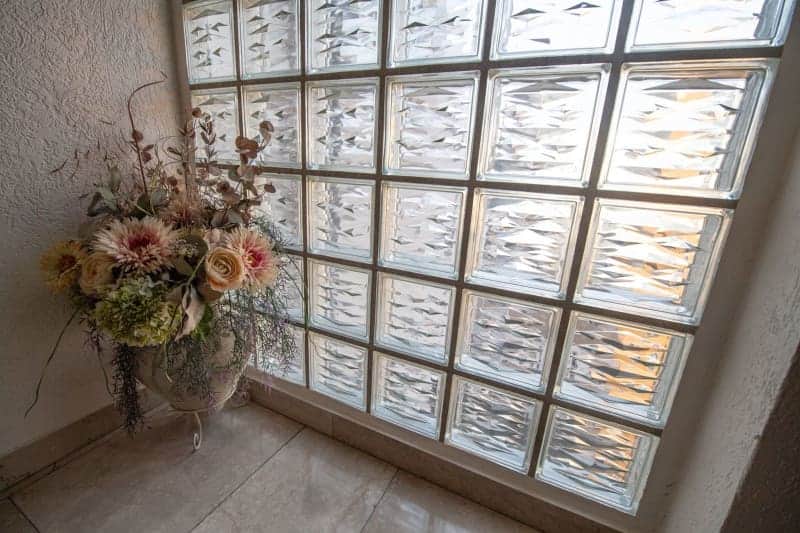
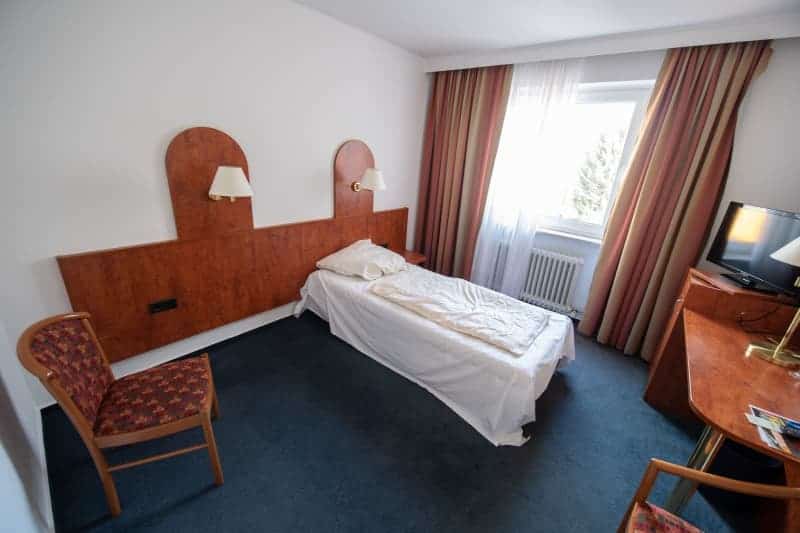
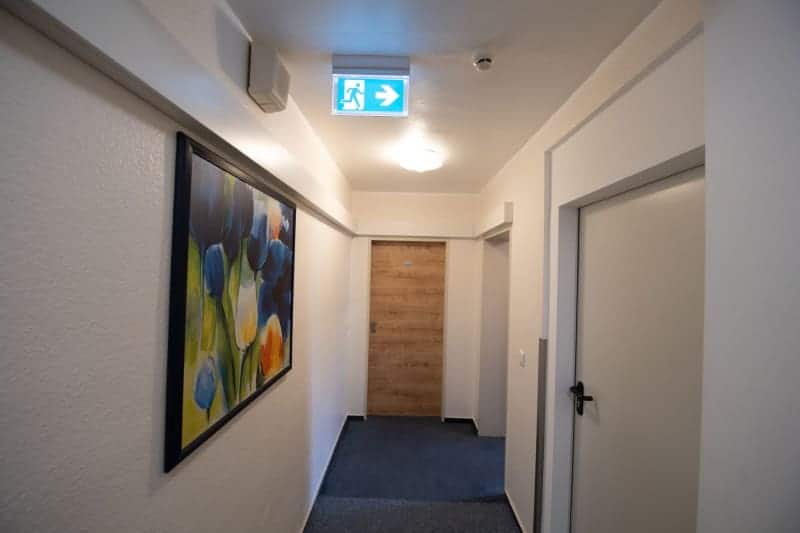


Recommended Comments
There are no comments to display.